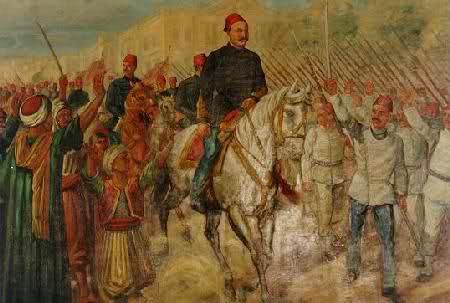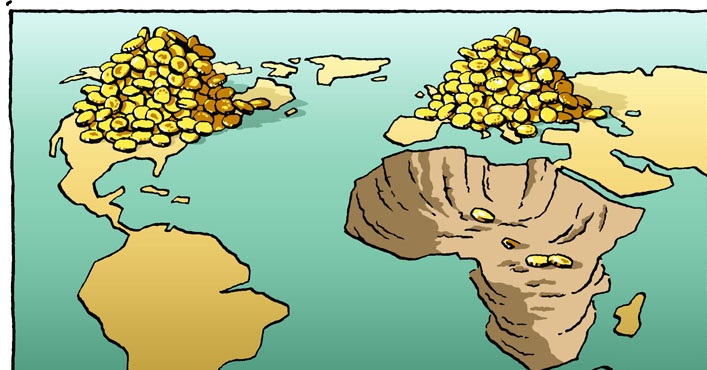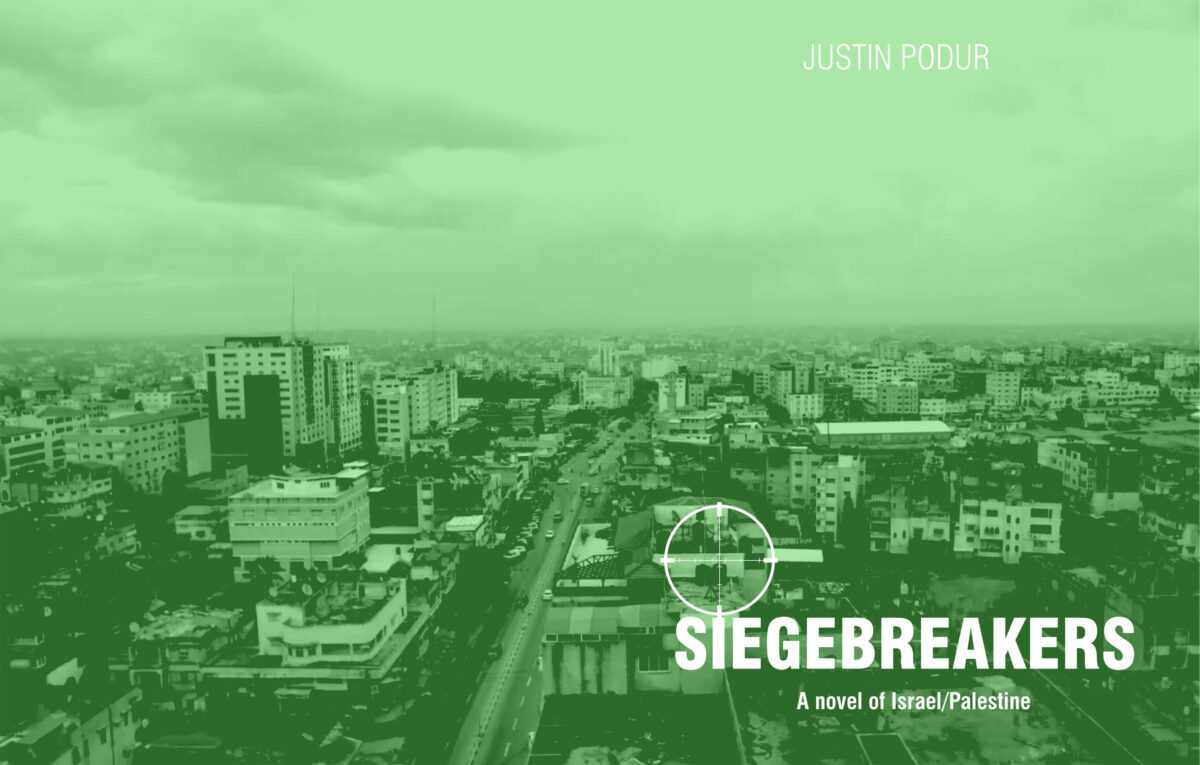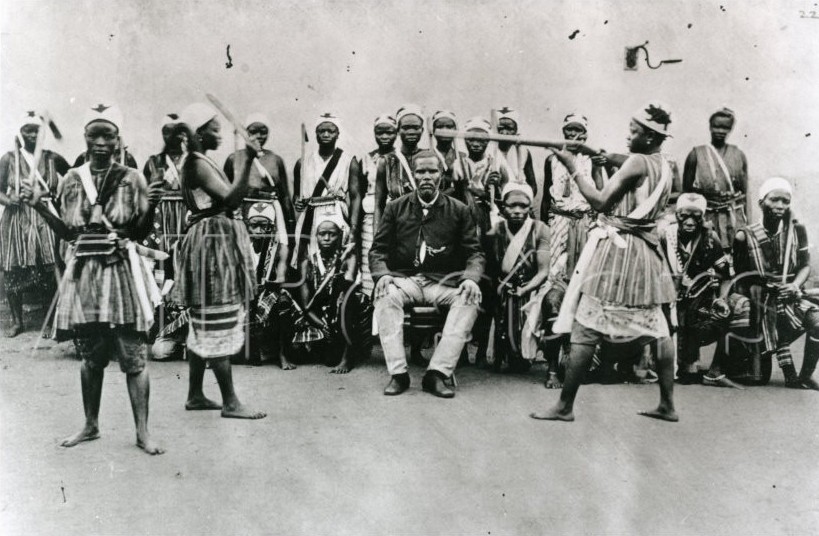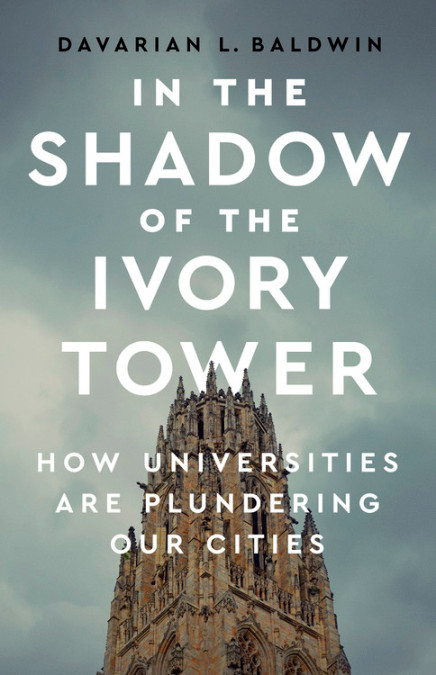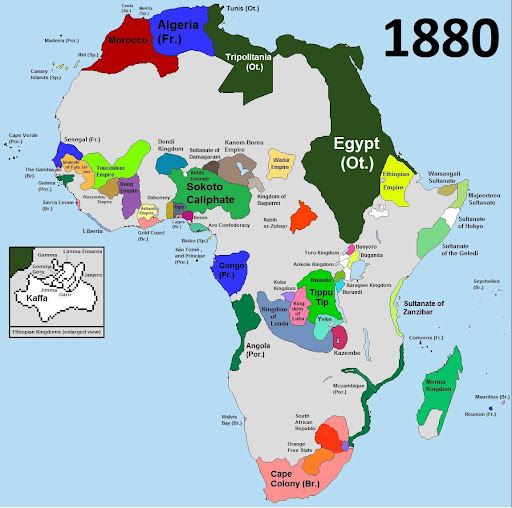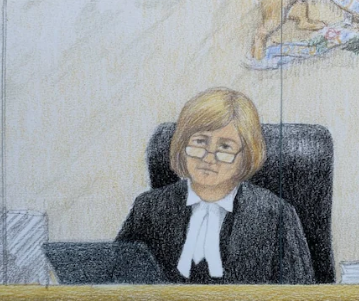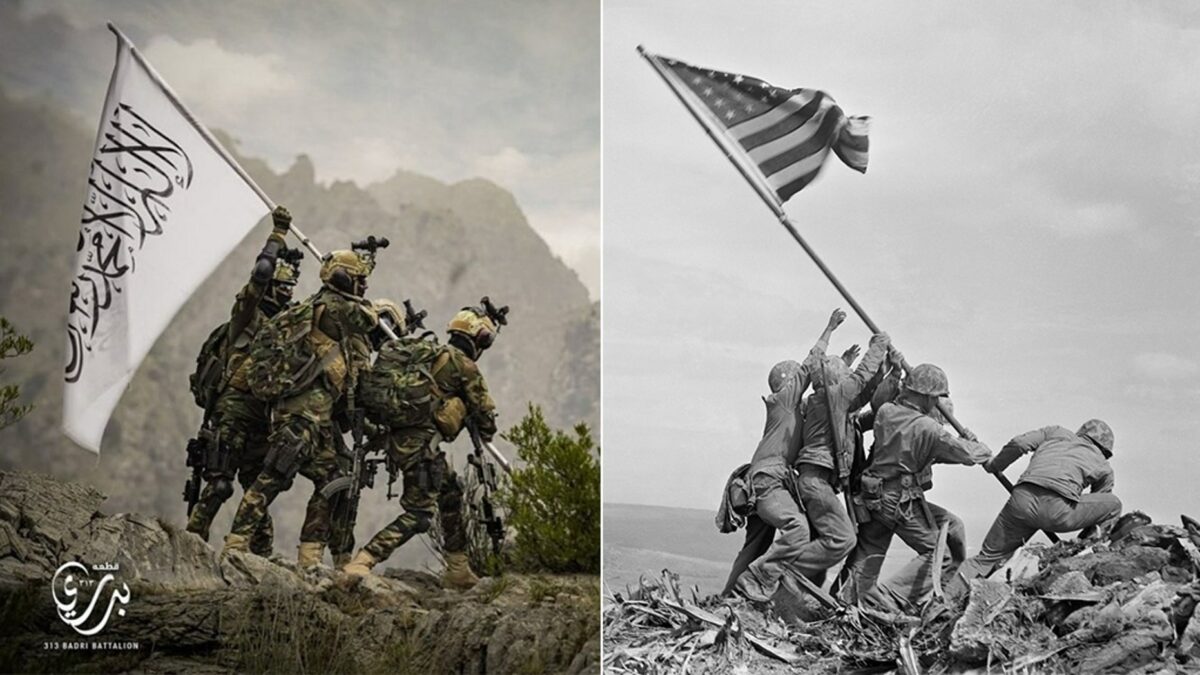In 1882 at the battle of Tel el Kabir, Garnet Wolesley (who had suppressed the Riel Resistance in 1870) defeated the Egyptian nationalists led by al-Arabi. This was the final blow in a long imperialist campaign to take Egypt from the ambitious modernizers that had ruled it from the 1820s. The epic financial swindle involved are far too little known, but luckily they were chronicled in amazing detail by Theodore Rothstein, in a 1910 book called Egypt’s Ruin, with an introduction by Wilfred Scawen Blunt. Rothstein and Blunt are interesting characters themselves, but the story they tell has many resonances and should be carefully attended to by anyone who’s ever wondered what the IMF, World Bank, and US military are up to today… our 4th instalment in the Scramble for Africa series.
Category: Anti-Empire Project Podcast
The Anti-Empire Project podcast (formerly the Ossington Circle)
AEP 99: The Meng Wanzhou Victory Lap
I am back with journalist and activist KJ Noh, retired SF Judge Julie Tang, and activist/writer Dan Freeman-Maloy. Meng Wanzhou is free and back in China! We painted a pretty pessimistic picture for you in AEP 95 before the ruling, then poof! The Canadian election happened and Meng was on a plane back to China! Dan goes over some Canadian history of anti-Chinese racism; Julie helps us go over the Deferred Prosecution Agreement and what it means; KJ helps us assess whether this was a victory or a defeat. We conclude with some of Meng’s own words, and some ruminations on the future of Huawei, of HSBC, and of the “American Trap”.
Scramble for Africa 3: Theories of Imperialism
Our third instalment before we really dig into the actual scramble for Africa is to give you a flavor for how we’re interpreting what we read. Lenin wrote Imperialism, the Highest Stage of Capitalism as an explanation for WWI, but much of what he wrote was about Africa; WEB Du Bois wrote an essay with the same intent and a similar argument, called The African Roots of the War; and of course Walter Rodney returns to our discussion to prepare us to get into the history. Dave makes some critiques of Lenin (and Hobson) citing Fieldhouse, and concludes the episode with his own multicausal interpretation for the scramble, which was how he taught it in high school.
AEP 98: On the Canada Files, with Aidan Jonah
I’m joined by Aidan Jonah, editor of the new media outlet The Canada Files, which has an anti-imperialist point of view and an investigative journalism methodology. We talk about some of the Canada Files’s recent investigations, about the relative paucity of anti-imperialist perspectives on Canada (with noble exceptions of course), and about the ambitions plans for the Canada Files’s future.
AEP 97: Special Siegebreakers Spoiler
In this special short episode, the whole plot summary of Siegebreakers, a pro-Palestine thriller novel that imagines how the Palestinians will eventually break the siege on Gaza, is SPOILED. If you don’t like spoilers, you should skip this one. If you’re the type who needs to know what happens in a book or movie before committing yourself to watching / reading, well this 12 minutes will help you decide. Also, there’s a book discussion on September 18th that will be hosted by the Marxist Education Project (discussion continues on the 23rd as well). So there’s the announcement, discount codes for the book, and the full spoiler in this short episode. Back to regular programming in the next.
Scramble for Africa 2: Africa resists the slave trade
Take a tour with us of a few of the African kingdoms that tried to resist the slave trade – before, in some cases, giving in. King Affonse of Kongo, Queen Nzinga of Matamba, Agaja of Dahomey (and others from that kingdom), the Asante in the west, and then east we have Abyssinia, the Bachwezi, and in the south we talk about Shaka Zulu and about the Merina kingdom in Madagascar. A short debate about the European and Arab slave trades, and then some notes about nutrition in Africa before colonialism (spoiler: Africans ate much better before the Europeans colonized them, which involved stealing their food).
AEP 96: Universities are Plundering Cities, with Davarian Baldwin
I’m joined by Davarian Baldwin, who is Paul E. Raether Distinguished Professor of American Studies at Trinity College, to talk about his new book In the Shadow of the Ivory Tower: How Universities are Plundering Our Cities. Davarian’s book helped a lot of ideas about the university and where it’s been headed click in my mind, and I think our discussion will be of interest to people who work at or around universities or are affected by these institutions in some way. Understanding the agendas at play and the divergence between ideals and reality is increasingly important in universities as it is elsewhere.
Scramble for Africa 1: Pre-Scramble Africa – the Slave Trade and the Gold Coast
A new Civilizations series on the Scramble for Africa. We begin our series on this decisive event in world history with a multi-episode survey of pre-colonial Africa. In this episode we talk about the devastation wrought by the European slave trade and focus on Africa’s West Coast (then known as the Gold Coast) before the scramble. There’s also a bit of debating Afrocentrism (you can imagine who takes which side of the debate).
AEP 95: Waiting for Heather Holmes’s judgment in the Meng Wanzhou case
Journalist KJ Noh and retired SF Superior Court judge Julie Tang join me to talk about the Meng Wanzhou case, in which Canada has kidnapped a Chinese executive at US request in 2018. As we await judgement which may come in October or November after the September Federal Election, British Columbia judge Heather Holmes has pondered the nature of a fraud case with no harm and where the alleged fraud “victim” (in this case the British bank HSBC) had the facts that were allegedly withheld. I’ve covered this case for a while and understanding it requires knowledge of the law, of extradition, of US unilateral sanctions on Iran, the US tech war with China, Britain’s colonial history with China, and quite a bit else. We try to find you a way through it all in this episode (but you might want to go back and listen to the earlier series too). Having done the wrong thing for so long, is there any hope Canada would do the right thing now? Ultimately, we are advocating here to Free Meng Wanzhou!
AEP 94: Taliban Takes Over
Joe Emersberger and I discuss some questions about Afghanistan after the Taliban take over the country and the US leaves. Was this really a defeat or a controlled handover for the US? What is Pakistan’s role? China’s? What is with the mystique around the late Ahmad Shah Massoud, whose UK-trained son is now claiming to lead the #Resistance? And a few other questions.

